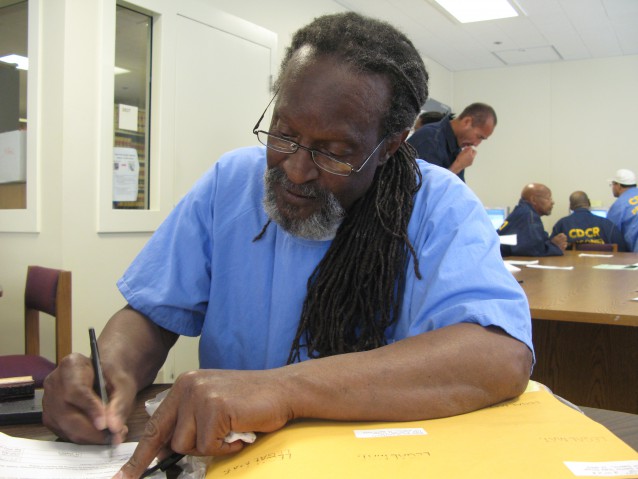In California, there are hundreds if not thousands of people practicing criminal law though they’ve never passed a bar exam. They don’t wear suits. They don’t have secretaries. And they can’t bill for their time. They’re called Jailhouse Lawyers. They’re inmates who pursue the equivalent of a lawyer’s education and who work as lawyers from within prison walls.


